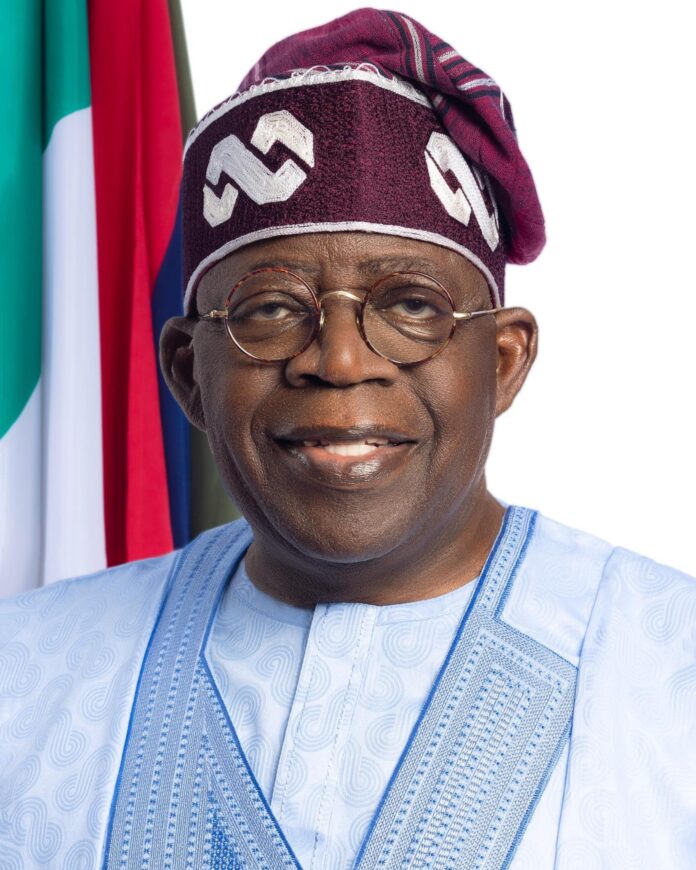By Aaior K. Comfort
After months of negotiations, the Federal Government has officially begun disbursing the new N70,000 minimum wage to civil servants. This marks a significant increase in government spending, as it raises the total wage bill for public servants to N4.019 trillion annually.
With over 1.2 million civil servants set to receive their new salaries this September, the Accountant-General of the Federation, Dr. Oluwatoyin Madein, has issued the necessary directives for payment. This new minimum wage affects public servants across all federal ministries and agencies, with detailed salary adjustments reflecting their respective grades.
For example, the new annual salary for various grades is as follows:
– Level 1: N930,000
– Level 2: N934,160
– Level 3: N937,713
– Level 4: N950,243
– Level 5: N973,123
– Level 6: N1,041,786
– Level 7: N1,277,667
– Level 8: N1,479,276
– Level 9: N1,641,226
– Level 10: N1,806,041
– Level 12: N2,007,152
– Level 13: N2,182,637
– Level 15: N2,358,936
– Level 16: N3,611,689
– Level 17 (Permanent Secretaries): N6,918,560
The implementation of this new wage structure follows President Bola Tinubu’s signing of the minimum wage into law on July 29, 2024. The wage adjustments, agreed upon by the Nigeria Labour Congress and the Trade Union Congress, aim to address the rising cost of living.
The government expects to allocate approximately N334.9 billion monthly to cover the salary costs, which has raised concerns among various stakeholders. The Organized Labour has called for other organizations to comply with the new wage structure, emphasizing the necessity of fair compensation amid economic challenges.
While some civil servants have welcomed the increase, others express disappointment, stating it falls short of addressing the economic realities faced by Nigerians. For instance, a Grade 12 officer criticized the adjustment as inadequate, highlighting the struggles many endure due to rising living costs.
Pensioners in the Southwest region are also advocating for a renegotiation of the minimum wage, pushing for a new benchmark of N250,000 monthly to better reflect the current economic situation. They argue that previous negotiations did not consider the recent spikes in fuel prices, which significantly impact their livelihoods.
In response to the minimum wage rollout, concerns have been raised about potential penalties for non-compliance, particularly among private sector employers. Industry leaders argue that enforcing such a mandate without considering economic realities could lead to job losses and business closures.
Despite the mixed reactions, the Manufacturers Association of Nigeria indicates readiness to comply with the new wage, though smaller enterprises may require government assistance to sustain their operations while meeting the wage requirements.
The ongoing discussions surrounding the implementation of the new minimum wage reflect broader economic concerns and the need for collaboration between the government, labor unions, and private sectors to address the challenges posed by Nigeria’s evolving economic landscape.

